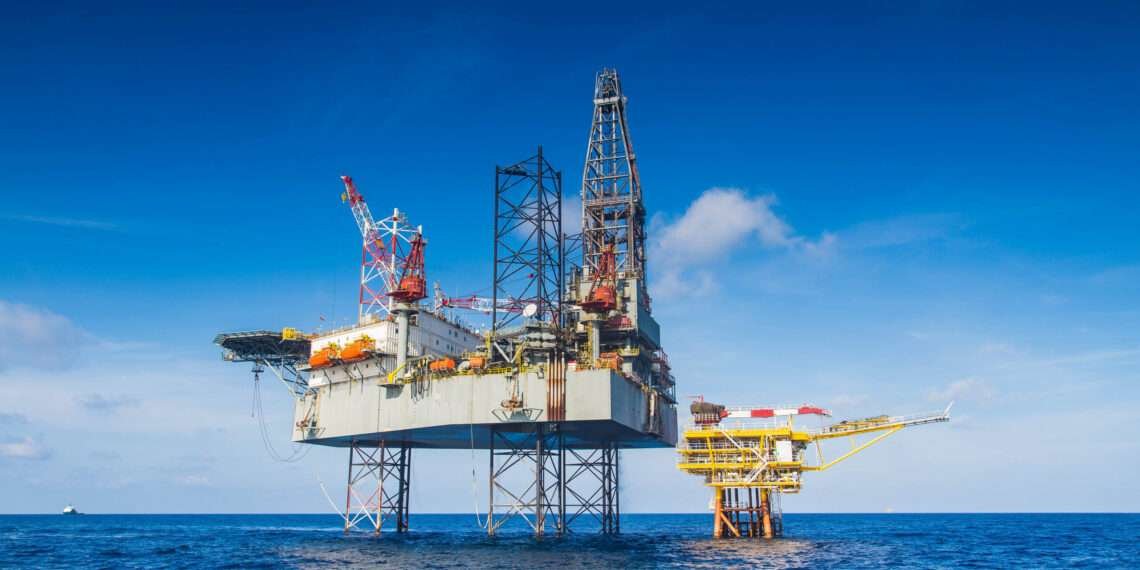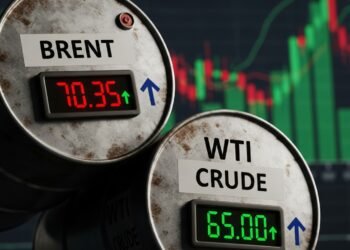The outcome of the brief meeting, held via videoconference, suggested that Organization of the Petroleum Exporting Countries and its allies (OPEC+) will maintain oil production levels as the G7 and EU put price caps on Russian oil as sanction against Russia’s war against Ukraine.
This comes at a time when the European Union sanctions on Russian crude exports come into force today, Monday, December 5, 2022, and the progressive easing of anti-pandemic restrictions in China, will put an end to the reduction in fuel consumption experienced in recent months.
Meanwhile, these events will reflect the unpredictability of supply and demand in the coming months and the huge swings in prices.
“Adhering to the approach of being proactive and preventive, the participating countries reiterated their readiness to meet at any time and take immediate additional measures to address market developments and support the oil market balance and its stability if necessary,” according to the final communique of the meeting, posted on the organization’s website.
Bob McNally, President of Rapidan Energy Advisers LLC. said, “Given the massive and offsetting fundamental and geopolitical risks weighing on the oil market, (OPEC+) ministers have understandably chosen to remain firm and entrenched”.
The decision by the Organization of the Petroleum Exporting Countries and its allies should hold for at least a few months. The group’s Joint Ministerial Monitoring Committee, led by Saudi Arabia and Russia, will meet again in February next year. The picture could be clearer by then, and the panel has the power to call extraordinary meetings if it believes production policy should change.
It is unclear to what extent these measures will reduce Russian exports. The price cap is comfortably above the $50 at which the country’s flagship Urals crude grade is currently trading, according to data.
However, Moscow said it would rather cut production than sell oil to anyone who adopts the price cap, Russian Deputy Prime Minister Alexander Novak stated. “We will sell oil and oil products to those countries that will work with us on market terms, even if we have to cut production a little,” the Deputy Prime Minister indicated.
On the contrary, the Kremlin stressed that the cap set by Western countries on Russian oil will not affect the financing of military operations in Ukraine and advanced that Moscow is preparing a response to the measure, which Russia does not recognize.
“Russia’s economy has the necessary potential to fully meet all needs and requirements within the framework of the special military operation, so such measures will have no impact,” Russian Presidential spokesman Dmitry Peskov said.
However, Peskov warned that this measure will affect the stability of the global energy market in terms of its total destabilization, before reiterating that Moscow does not recognize any ceilings, something he described as obvious.
READ ALSO: ADB Records Steady Growth In Its Loan Support To The Agricultural Sector






















